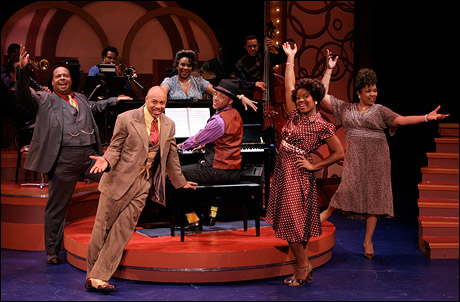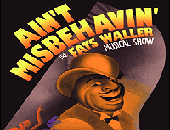“Good committees make good decisions,” said Arnold Wood, guest speaker at the CFA Society Toronto on June 3, 2013. On the TV show Who Wants to Be a Millionaire, whenever the contestant turns to the crowd for help with an answer, the crowd is right 91 percent of the time, said Wood, who is president and CEO of Martingale Investments and a specialist in behavioural finance. The first part of his talk described common errors in individual thinking.
But what makes a good committee? The composition of committees can be tricky. Too often, there is an appearance of diversity but the committee is still deficient, Wood pointed out. “Homogeneity bias” refers to the tendency to recruit like-minded people. He remarked that the iconic “search committee” in The Wizard of Oz had a range of social and cognitive abilities.
The best decision-making body, as described in The Wisdom of Crowds by James Surowiecki, operates with diverse information, has “uninfluenced” independence, and uses individual interpretations. All too often, though, the investment committee operates with similar information, has non-independence of thought, and uses the group interpretation.
On the committee itself, there is a tendency to conform. It is most comfortable for participants to gravitate to the least objectionable stance–the “common knowledge”—on any given issue. People succumb to social pressure far too often. Wood described a “line-length” study in which 25 percent of subjects agreed to the wrong line being longer—if the other person they were with stated the wrong answer first. (Without the confederate, the error rate was only 1 percent.) The results underscore that committees should always operate by secret ballot, he concluded.
The information available to a committee should not come solely from the chair or another “approved” resource, said Wood. Members of the committee should share information. It may seem counter-productive. Additional information can introduce complications; upset/upstage the chair; prolong the time of the meeting; and unglue the social cohesion. And yet, the “upstart” information is vital to making a good and balanced decision. In response to a question from the audience about group dynamics on the committee, Wood said people on the committee “should not be afraid of opening up.”
 A good chair of the investment committee will keep the agenda compressed. The chair will help the group to budget its time properly. Wood cited a 2002 study of agenda priorities versus real time spent. It showed that only 5-10 percent of the time was spent discussing “very important” issues such as the investment policy. Tasks of “medium importance” took up over 50 percent of committee meeting time.
A good chair of the investment committee will keep the agenda compressed. The chair will help the group to budget its time properly. Wood cited a 2002 study of agenda priorities versus real time spent. It showed that only 5-10 percent of the time was spent discussing “very important” issues such as the investment policy. Tasks of “medium importance” took up over 50 percent of committee meeting time.
It’s important to do post mortems, said Wood. A shocking 73 percent of committees do not go back to evaluate whether they did a good job. Self-assessment could be done by a third party, he suggested.
“The chair can be an effective manager by setting realistic goals and keeping the committee focussed on the important unknowns,” said Wood. He covered a checklist of six items in governing and governance for the committee chair to refer to, such as posing the question, “what might go wrong?”
Questions and discussion after Wood’s presentation abounded. It was clear that Arnold Wood is a man who embodies the qualities of a good chairperson: he is someone used to encouraging groups of people to “open up” and express a diversity of thought. ª
Link to the CFA publication Behavioral Finance and Investment Management, edited by Arnold Wood: http://www.cfapubs.org/toc/rf/2010/2010/2?s_cid=researchfoundation_Google_Adgroup_Behavioral_Finance&gclid=CJjdvpCSu7gCFUJc3god9j8AgA
Arnold Wood’s list of recommended books on Behavioural Finance can be found at: http://www.acli.com/Events/Documents/Using%20Behavioral%20Finance%20to%20Improve%20Group%20Decision%20Dynamics%20-%20Wood%20Arnold%20-%20HANDOUT.pdf

